Projects
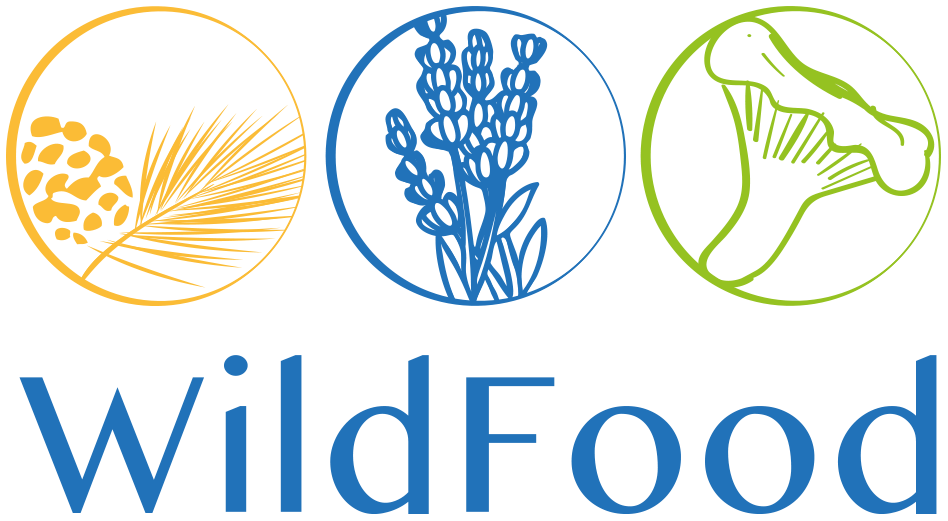
2020-2023, WildFood-Eating the wild: Improving the value chain of Mediterranean Wild Food Products (WFP). Miriam Piqué (Principal Investigator), J.A. Bonet (Investigator). European Commission-H2020 Partnership on Research and Innovation in the Mediterranean Area (PRIMA): Section Call-Topic 2.3.2 (PCI2020-112020).
The overall aim of WildFood is to promote the implementation of joint innovative strategies by involving different actors of the Wild Food Products (WFP) value-chain in the Mediterranean area, focusing on selected products (mushrooms, truffles, pine nuts & Aleppo pine seeds, aromatic plants, acorns and berries) in view of improving their quality and safety controls and sustainability.

2021-2025, FIREURISK - Developing a holistic, risk-wise strategy for European Wildfire Management. Domingo Viegas (Principal Investigator), V.Resco de Dios (Investigator). European Commission-H2020.
At FirEUrisk, we’re harmonizing and upgrading current European strategies by including the socio-economic circumstances that affect the occurrence of extreme wildfires as well as the biophysical conditions, such as vegetation and climate. This mix of perspectives allows a better understanding of how vulnerable communities are to wildfires and which are the best practices to adapt.
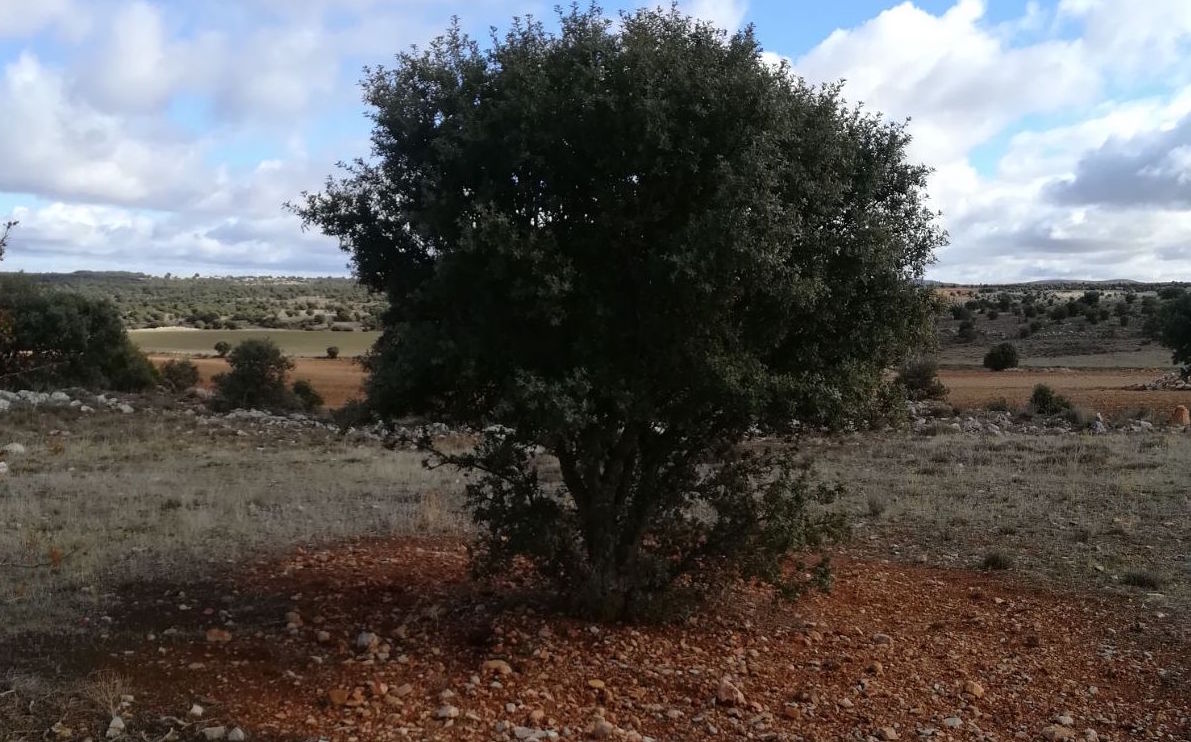
2022-2025. INTACT-Innovation in Truffle Cultivation, preservation, processing and wild truffle resources management. Marina Bufacchi (Principal Investigator), J.A. Bonet (PI UdL). European Commission-H2020 MSCA-RISE-2020 (101007623).
INTACT project aims to create a multilateral network of research and innovation staff who are active in the sustainable use of both wild and farmed truffles, including their cultivation, pre-treatment, preservation and processing.
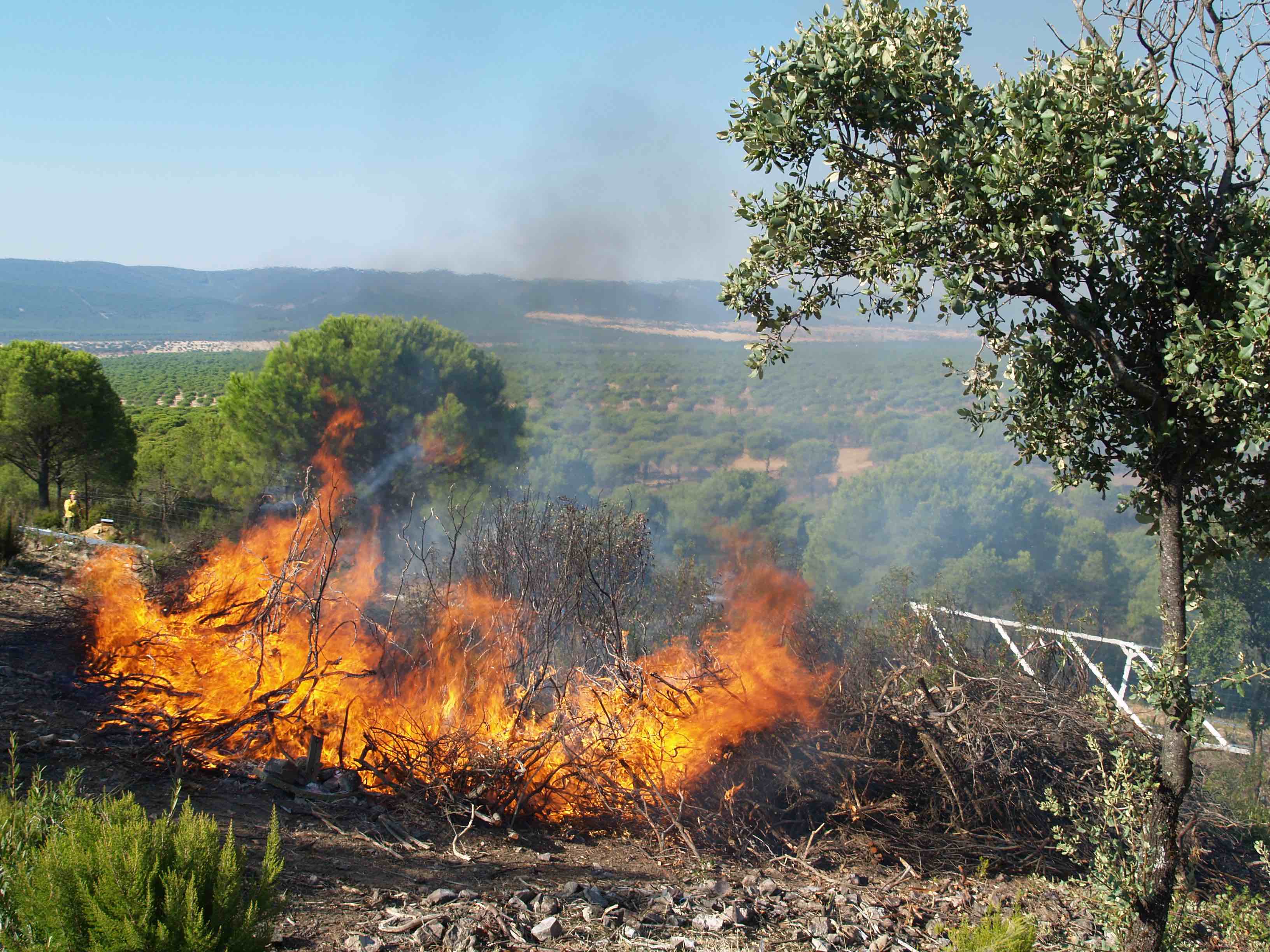
2020-2023. RESILPINE - Understanding the evolution of integrated phenotypes for the resilience of Mediterranean pines in a changing environment. J. Voltas (PI), V. Resco de Dios (co-PI). MICINN.
Pine species dominate much of the Mediterranean forest landscape, but global change is significantly impacting their performance and survival. Drought and heat events associated with climate warming are synergistically interacting with forest management modifying forest fire frequency and extension. These factors combined with global trading also lead to greater biotic risks by exotic pests and pathogens along with range expansion of current threats to new environments and, even, new species. Due to intraspecific trade-offs and the structure of genetic correlations between life-history traits, extreme mortality events may lead to strong selection pressures in the surviving progenies and, potentially, to changes in the forest functional attributes. Here, we will examine the patterns of genetic and plastic variation and covariation among key traits that underlie the adaptive potential of the current genetic resources and the resilience of our pinewoods to this new environmental scenario.
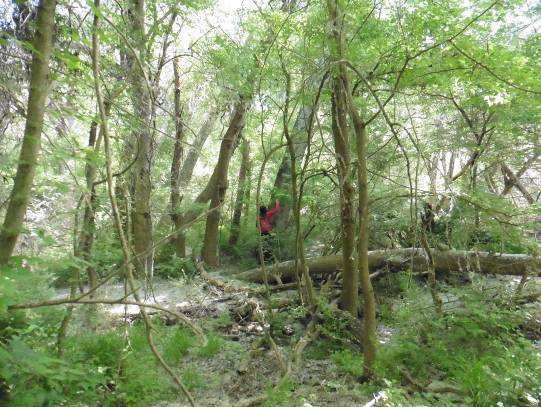
2018-2022. PHOTOCHAIN: Do evolutionary constraints on PHOTOperiod and Circadian clocks Hinder AdaptatIoN and acclimation of plants to climate change? A. Gessler (PI), N Zimmermann (co-PI), V. Resco de Dios (co-PI). Velux Stiftung
Global climate change is affecting the area of distribution of plant species resulting in migration to higher altitudes and latitudes. However, plants are also bound to daylight rhythmicity, both on a diel and seasonal scale, and this might hamper species distribution under, and fast acclimation to, rapid environmental change. It may thus happen that the potential distribution range of a species, defined by temperature and precipitation, moves north due to climate change, but that the photoperiod cues at this new latitude do not match the evolutionary demands of that species. With this project, we will provide the mechanistic basis and a conceptual framework to understand how climatic and daylight/photoperiod cues jointly affects tree functioning.
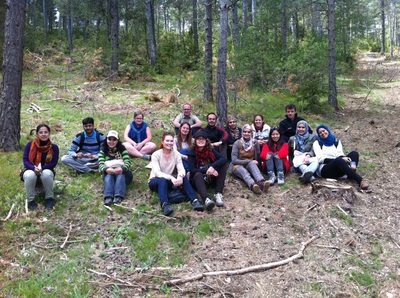
2017-2020. MEDfOR- Mediterranean Forestry and Natural Resources Management. Jose Borges (Project coordinator), José Antonio Bonet (UdL coordinator). European Union-Erasmus+: Key Action 1-Erasmus Mundus Joint Master Degrees (EMJMDs). (586638-EPP-1-2017-1-PT-EPPKA1-JMD-MOB).
MEDfOR - Mediterranean Forestry and Natural Resources Management is a two-year Erasmus Mundus Master Course Programme that answers a call for a coordinated approach throughout the Mediterranean basin to develop reliable information and tools - based on sound science and a multidisciplinary approach, in order to improve Mediterranean forestry and natural resources management and policy-making. The partners of the MEDFOR master are Technical University of Lisbon, Portugal - University of Padova, Italy - University of Lleida, Spain - University of Valladolid, Spain - Karadeniz Technical University, Turkey - University of Tuscia, Italy - Catholic University of Portugal, Portugal.
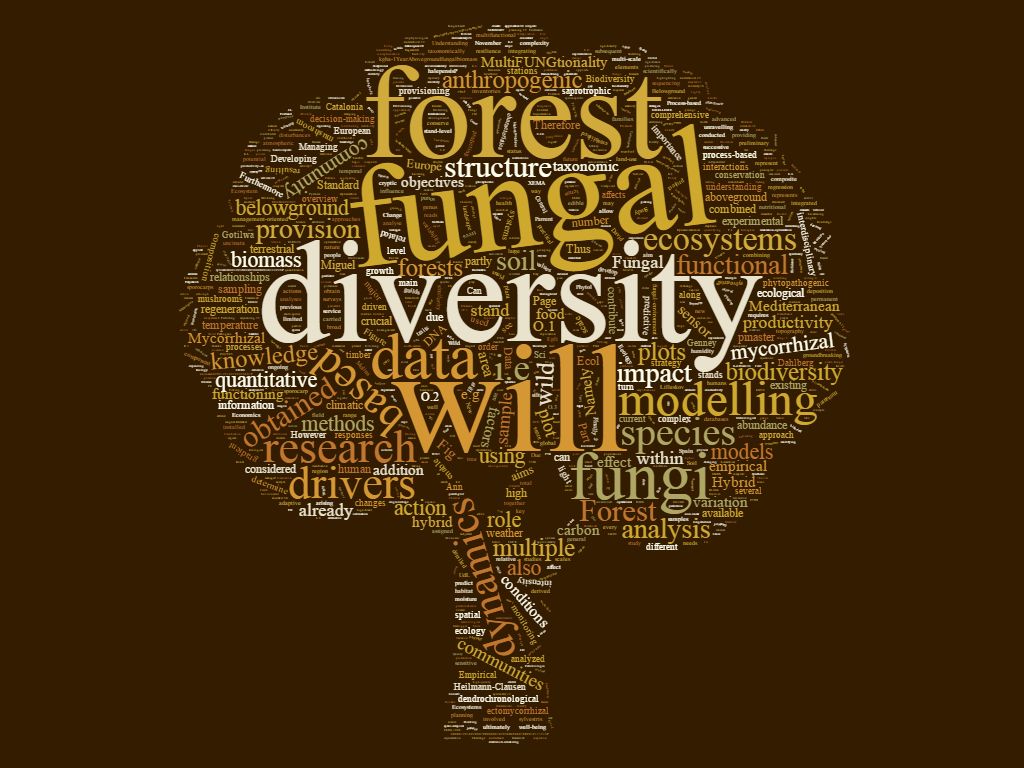
2019-2021. FUMANCHU - Above- and belowground fungal responses to forest management and physicochemical soil features in Mediterranean forest ecosystems. J.G. Alday (PI), S. de-Miguel (PI). MICINN.
Fungal communities play key roles in driving multiple ecosystem functions and services in forest ecosystems, representing up to one third of the total C budget of soils. Nowadays, forest ecosystems are subjected to multiple modes of environmental and anthropogenic disturbances (e.g. fires and forest management) that drives mainly changes in vegetation component, as well as in plant-soil interactions. However, despite the importance of forest fungi, we know relatively little about the extent to which forest disturbances may have a cascading effect on the diversity, productivity (mycelial and mushrooms) and functioning of soil fungi and airborne spore communities, especially in Mediterranean forests. The project idea is to provide scientific bases to develop forest management methods that maintain soil fungal diversity, the mushroom yields and their associated ecosystem services in response to present and future forest disturbances.

